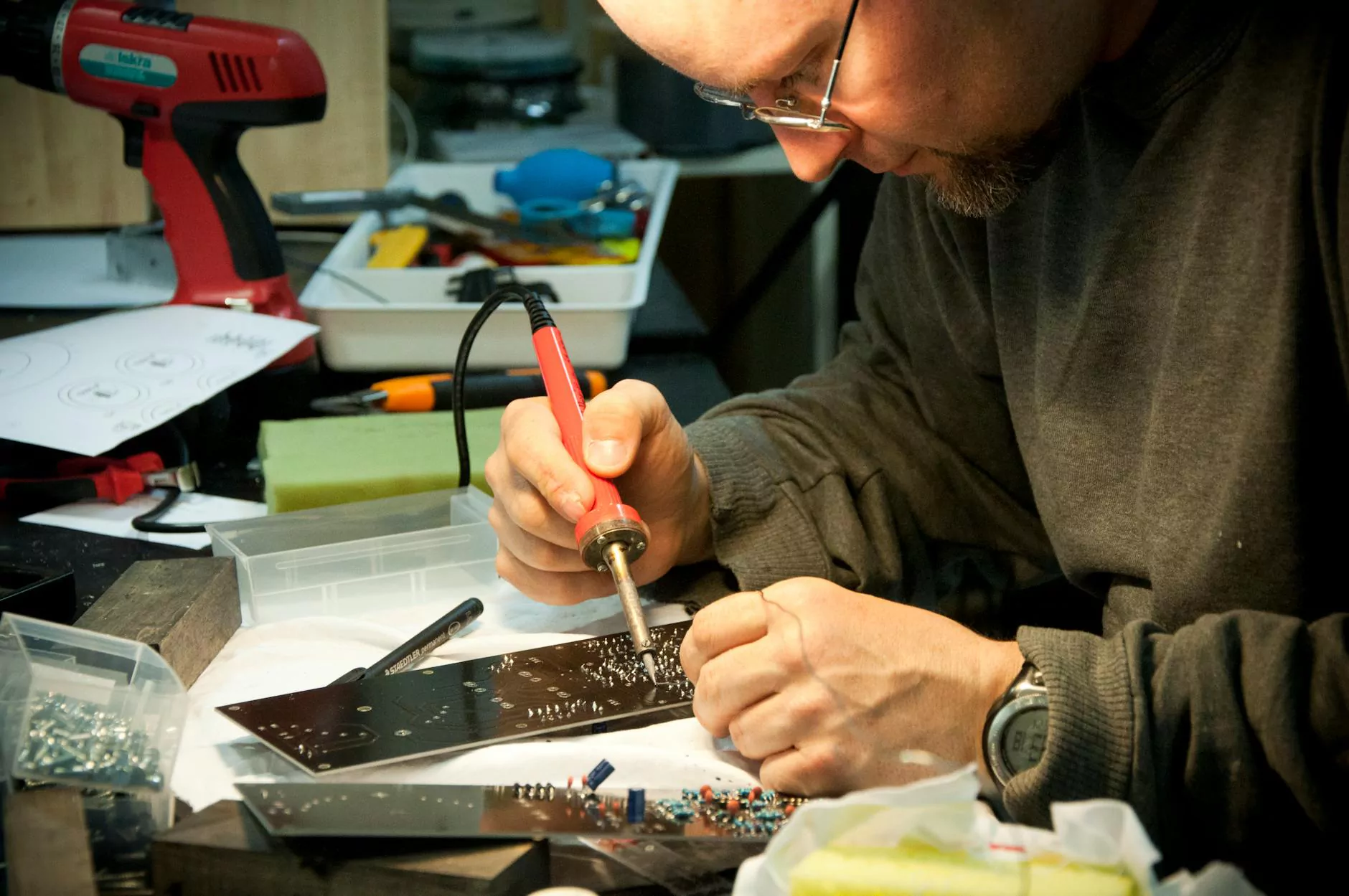Understanding Dental Crowns: The Essential Guide for Austin Residents

In the world of dentistry, dental crowns play a vital role in restoring both the function and aesthetics of damaged teeth. If you’ve ever had a tooth that suffers from decay, injury, or wear, you might be wondering how crowns in Austin can help you. This comprehensive article aims to delve deep into what dental crowns are, their types, procedures involved, benefits, costs, and much more.
What is a Dental Crown?
A dental crown, often referred to as a cap, is a type of dental restoration that completely encases a tooth. It is specifically designed to improve the shape, size, strength, and appearance of a tooth. Crowns can be made from a variety of materials, including gold, porcelain, or a combination of materials. The type of crown chosen often depends on the location of the tooth, your oral health, and even aesthetic preferences.
Why Would You Need a Dental Crown?
There are several reasons why your dentist might recommend a dental crown:
- To protect a weak tooth: If a tooth is cracked or weakened by decay, a crown can provide support and prevent further damage.
- To restore a broken tooth: Crowns can rebuild a tooth that has suffered significant damage or fracture.
- To cover a tooth that has undergone a root canal: After a root canal treatment, a tooth may become brittle; a crown helps in maintaining its structure.
- To improve aesthetics: Crowns can be used to cover teeth that are discolored or misshapen, enhancing the overall appearance of your smile.
- To anchor a dental bridge: Crowns are often used to secure dental bridges for replacing missing teeth.
Types of Dental Crowns Available in Austin
There are several different types of crowns, each with its own advantages and ideal uses:
- Porcelain Crowns: These are the most aesthetic option as they can be color-matched to your natural teeth. They are ideal for front teeth but may not be as durable as other materials for back teeth.
- Porcelain-Fused-to-Metal (PFM) Crowns: These crowns provide a stronger structure than porcelain alone, making them suitable for both front and back teeth.
- Metal Crowns: Made from alloys, these crowns are incredibly durable and are often used for molars, but their metallic appearance may not be visually appealing for front teeth.
- All-Resin Crowns: These are made entirely of resin and are generally less expensive but less durable than other types.
- Ceramic Crowns: Ceramic crowns are great for their natural appearance, making them a popular choice for patients seeking aesthetics.
The Procedure for Getting a Dental Crown in Austin
Getting a dental crown typically involves two appointments with your dentist. Here’s a breakdown of the process:
First Appointment:
- Consultation: Your dentist will evaluate the affected tooth and discuss your options.
- X-rays: X-rays may be taken to assess the roots of the tooth and surrounding bone.
- Tooth Preparation: The tooth is shaped to allow space for the crown. This involves removing a portion of the tooth structure.
- Impression: An impression of your tooth and those surrounding it is made, usually with a putty-like material for accuracy.
- Temporary Crown: A temporary crown may be placed to protect the prepared tooth while the permanent crown is manufactured.
Second Appointment:
- Final Fitting: The dentist will remove the temporary crown and check the fit and color of the permanent crown.
- Cementation: Once satisfied, the permanent crown will be secured in place with dental cement.
Benefits of Dental Crowns
Choosing to get a dental crown offers several significant benefits:
- Enhanced Aesthetics: Crowns can vastly improve the look of damaged teeth, giving you the smile you desire.
- Durability: Most crowns are highly durable, offering a long-term solution for tooth restoration.
- Improved Functionality: They can restore the natural function of teeth, helping with chewing and speaking.
- Protection: Crowns protect weak teeth from further decay or damage.
Cost of Dental Crowns in Austin
The cost of dental crowns in Austin can vary widely based on several factors, including:
- The type of crown material used.
- The complexity of the case.
- Your dentist’s experience.
- Your insurance coverage.
On average, you can expect to pay between $800 to $3,000 per crown. It’s important to discuss costs with your dentist beforehand and check if your dental insurance plan covers any portion of the procedure.
Aftercare for Dental Crowns
After receiving a dental crown, it’s essential to practice good oral hygiene and follow these care tips:
- Maintain Oral Hygiene: Brush your teeth at least twice a day and floss daily to keep the crown and surrounding teeth healthy.
- Avoid Hard Foods: Be cautious with hard foods that could damage the crown, particularly in the initial days post-attachment.
- Regular Dental Check-ups: Regular visits to your dentist help in monitoring the crown and overall oral health.
Finding the Right Dentist for Crowns in Austin
When searching for crowns in Austin, it's vital to find a qualified dentist who specializes in restorative dentistry. Here are some tips:
- Check Credentials: Look for a dentist with the appropriate qualifications and experience in performing crown procedures.
- Read Reviews: Patient reviews and testimonials can provide insight into the dentist’s skill and their office’s environment.
- Consultation: Schedule a consultation to discuss your needs and gauge your comfort level with the dentist.
Conclusion: Invest in Your Smile with Dental Crowns
Dental crowns can be a transformative solution for those struggling with damaged or aesthetically displeasing teeth. With the right information, you can make informed decisions about your dental health. If you're in need of restorative solutions, don't hesitate to seek out professional services in Austin. Remember, investing in your smile is investing in yourself.
For more information about dental crowns or to schedule a consultation, contact Avenue Dental today.
crowns austin








